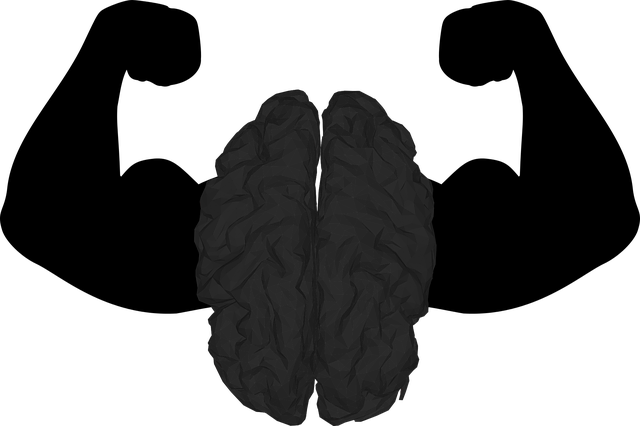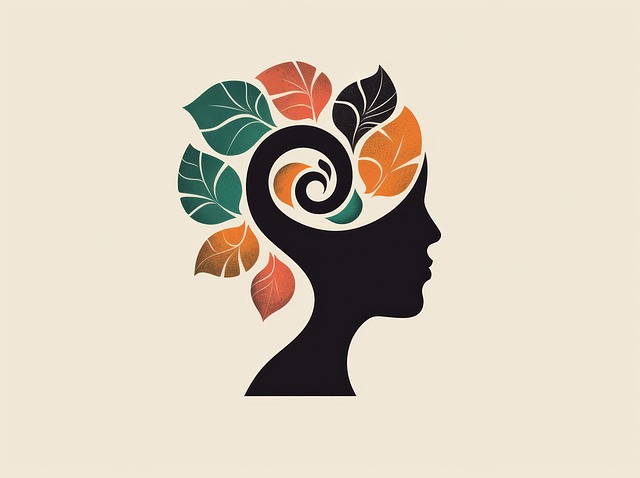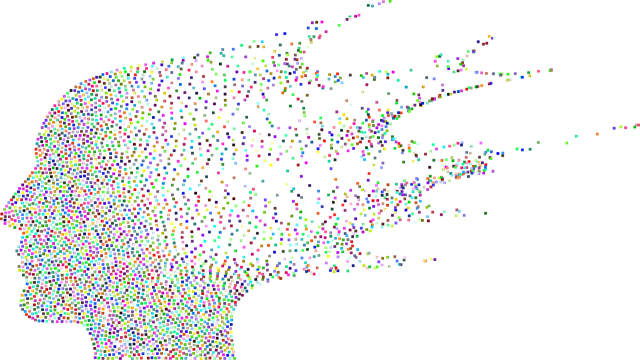Emotional intelligence (EI) is key to healthy aging and improved quality of life for Mandarin-speaking elders, with tailored therapy offering crisis intervention and adaptability. Language and cultural barriers hinder traditional Western approaches, so culturally sensitive therapy is essential. This involves Mandarin-friendly materials, shared cultural facilitators, and tradition-resonant activities to enhance engagement and stress management. In family and care settings, creating supportive environments, encouraging open dialogue, and providing cultural resources reduce loneliness, improve mental health, and prevent caregiver burnout, especially for Mandarin Chinese speaking elders.
Emotional intelligence (EI) is a powerful tool for enhancing the well-being of elders, especially those from diverse cultural backgrounds like Mandarin-speaking communities. This article explores the significance of EI in aging, delving into its impact on language barriers and therapeutic interventions tailored to these unique populations. We discuss effective strategies for care settings and homes, focusing on cultural sensitivity as a key component of nurturing emotional intelligence in older adults, particularly those who speak Mandarin.
- Understanding Emotional Intelligence: A Key to Well-being for Elders
- The Impact of Language Barriers on Emotional Expression in Mandarin-speaking Elderly
- Therapeutic Approaches: Nurturing Emotional Intelligence through Cultural Sensitivity
- Practical Strategies for Enhancing Emotional Intelligence at Home and in Care Settings
Understanding Emotional Intelligence: A Key to Well-being for Elders

Emotional intelligence (EI) is a crucial aspect of overall well-being, especially for elders in the Mandarin Chinese speaking community. Understanding and managing emotions effectively can significantly enhance their quality of life and promote healthy aging. EI involves recognizing and regulating one’s own emotions and empathizing with others, which are essential skills to navigate the challenges that often come with advancing age.
For elders, developing emotional intelligence can be a powerful tool in managing stress reduction methods and coping skills development. It enables them to respond adaptively to life’s transitions and crises, providing crisis intervention guidance when needed. Through therapy for elders speaking Mandarin Chinese, they can learn strategies to improve their emotional awareness, enhance interpersonal relationships, and foster a sense of resilience, ultimately contributing to improved mental health and overall satisfaction in later years.
The Impact of Language Barriers on Emotional Expression in Mandarin-speaking Elderly

Language barriers can significantly impact emotional expression among Mandarin-speaking elderly individuals, often hindering their ability to convey and understand emotions effectively. This is particularly relevant in therapy settings where open communication is crucial for building trust and facilitating healing. In many cases, Mandarin-speaking elders might struggle with finding the right words or concepts to describe their feelings, leading to misunderstandings and frustrated therapeutic processes.
The challenge is exacerbated by cultural differences and nuances in emotional expression across different languages and communities. What may be considered a sign of joy in one culture could have varying connotations in another. This calls for therapists engaging with Mandarin-speaking elders to approach therapy with heightened cultural sensitivity in mental healthcare practice. By recognizing and acknowledging these barriers, therapists can adapt their approaches, incorporating strategies that foster effective communication, coping skills development, and inner strength development tailored to the unique cultural context of their Mandarin-speaking clients.
Therapeutic Approaches: Nurturing Emotional Intelligence through Cultural Sensitivity

For Mandarin Chinese speaking elders, nurturing emotional intelligence through cultural sensitivity is a unique and vital aspect of therapy. Many traditional Western approaches may not cater to the specific needs and experiences of this demographic. Therapeutic interventions should be adapted to respect and understand their cultural context, ensuring effective communication and building trust.
Cultural sensitivity in therapy for elders involves recognizing and appreciating the rich tapestry of their life experiences, including any challenges they’ve faced related to language barriers, acculturation, or intergenerational differences. Incorporating elements like Mandarin-friendly materials, facilitators with shared cultural backgrounds, and activities that resonate with their traditions can enhance engagement and promote open emotional expression. This tailored approach not only enhances stress management workshops but also enables mental wellness journaling exercises and guidance to be accessible and meaningful. Moreover, by fostering cultural understanding, therapists can help prevent burnout among caregivers and support staff who work closely with this population, ensuring a holistic and nurturing environment for all involved.
Practical Strategies for Enhancing Emotional Intelligence at Home and in Care Settings

在家庭和护理环境中提升情感智力(EI)是关爱长辈的重要策略。首先,创造安全和支持性的氛围是关键。鼓励开放式对话,让长辈表达自己的感受和担忧,这有助于建立信任和理解。日常的倾听练习可以增强这种联系;通过专注地聆听,无评判地接纳他们的情绪,展现出关怀与尊重。
此外,整合压力管理研讨会和烧尽预防策略也是有效方法。指导长辈识别和管理压力源,学习放松技巧,如深呼吸或瑜伽,能改善他们的情绪管理能力。定期参与社交活动和兴趣小组也至关重要,这有助于减少孤独感,提升心理健康水平。针对Mandarin Chinese speaking elders,考虑文化适应的资源和活动,让他们感到被接纳和重视。
Emotional intelligence is a vital aspect of well-being, especially for older adults. Overcoming language barriers, particularly in the case of Mandarin-speaking elderly individuals, can significantly enhance their emotional expression and overall quality of life. The article has explored various therapeutic approaches and practical strategies tailored to this demographic, emphasizing cultural sensitivity as a key ingredient in nurturing emotional intelligence. By implementing these techniques, care settings and family homes can foster a more supportive environment, leading to improved mental health outcomes for Mandarin-speaking elders and providing them with the tools to navigate their emotions effectively. This holistic approach to therapy has the potential to revolutionize care methods, ensuring that emotional well-being is accessible and cultivated for all elders, regardless of their linguistic background.










